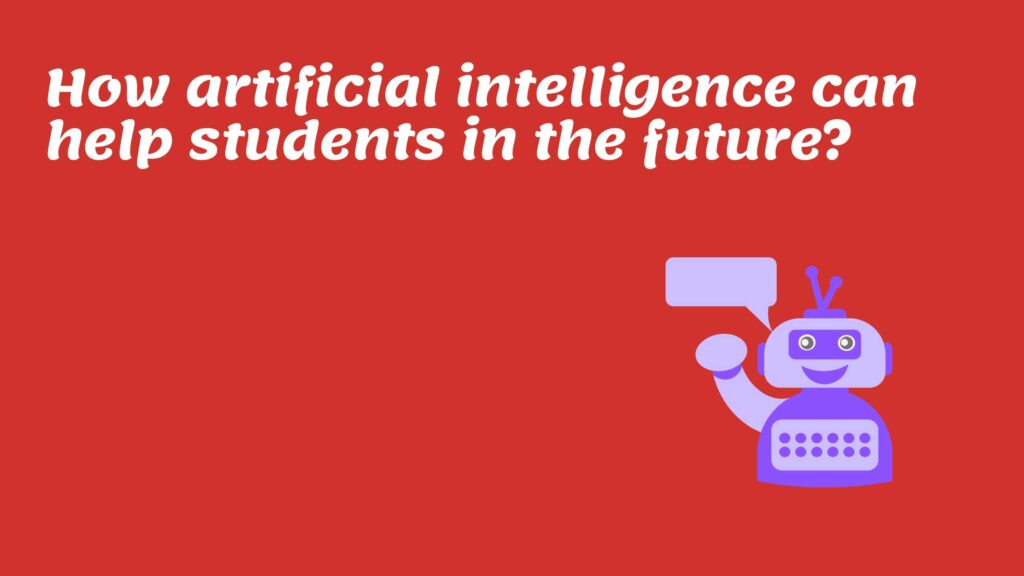Artificial intelligence (AI) is a branch of computer science that deals with the creation of intelligent machines that can perform human-like tasks. With the rapid advancement of technology in recent years, AI has become increasingly popular, and its potential applications are virtually limitless.
One of the most promising areas where AI can make a significant impact is in the field of education. In this article, we will explore the ways in which how AI can help students in the future.
1. Personalized Learning
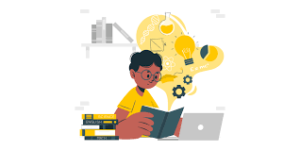
One of the primary benefits of using AI in education is the ability to create personalized learning experiences for students. Every student has unique learning needs and styles, and traditional classroom teaching methods may not cater to all students. AI-based learning systems can analyze a student’s learning style and preferences, and provide personalized content and feedback to help them learn better.
Personalized learning can also help students who are struggling to keep up with their peers. AI-based learning systems can identify areas where a student is struggling and provide targeted support to help them catch up.
2. Intelligent Tutoring Systems
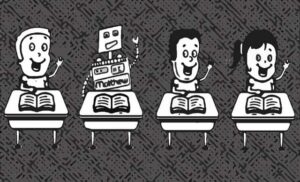
Intelligent tutoring systems (ITS) are AI-based systems that can provide personalized support to students. These systems use machine learning algorithms to analyze student data and provide real-time feedback to help them improve their understanding of a particular subject.
ITS can be used to supplement traditional classroom teaching methods. For example, if a student is struggling with a particular topic in class, they can use an ITS to get additional support and practice.
3. Adaptive Assessments
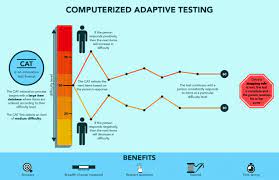
Assessment is a crucial aspect of education, and traditional assessment methods may not provide an accurate picture of a student’s understanding of a subject. Adaptive assessments, powered by AI, can help provide a more accurate assessment of a student’s knowledge and skills.
Adaptive assessments are designed to adjust the difficulty of questions based on a student’s performance. If a student answers a question correctly, the system will present them with a more challenging question. If a student answers a question incorrectly, the system will present them with an easier question. This helps ensure that students are challenged at the appropriate level and receive accurate assessments of their skills.
4. Predictive Analytics
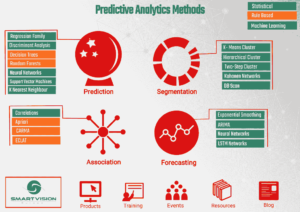
Predictive analytics is another area where AI can help students in the future. Predictive analytics uses machine learning algorithms to analyze student data and predict future outcomes. This can be used to identify students who are at risk of falling behind and provide targeted support to help them stay on track.
Predictive analytics can also be used to identify patterns in student behavior and performance. For example, if a student consistently performs poorly on assessments, the system can identify this and provide targeted support to help them improve.
5. Intelligent Content
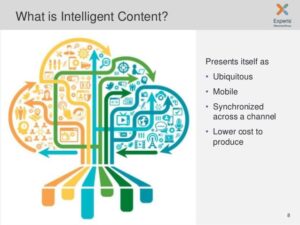
Intelligent content is another area where AI can make a significant impact. Intelligent content is content that has been designed to be easily read and understood by both humans and machines. This allows the content to be used in a variety of contexts, including online learning systems and chatbots.
Intelligent content can be used to provide students with interactive learning experiences. For example, an online learning system can use intelligent content to provide students with interactive simulations or games that help them learn difficult concepts.
6. Chatbots
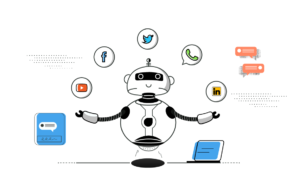
Chatbots are AI-based systems that can communicate with students in natural language. Chatbots can be used to provide students with personalized support, answer their questions, and provide guidance.
Chatbots can be used in a variety of contexts, including online learning systems and educational websites. They can provide students with instant feedback and support, which can help them learn more effectively.
7. Virtual Classrooms

Virtual classrooms are another area where AI can make a significant impact. Virtual classrooms allow students to attend classes remotely, using video conferencing technology. This can be especially beneficial for students who are unable to attend classes in person, due to geographical or health-related reasons.

